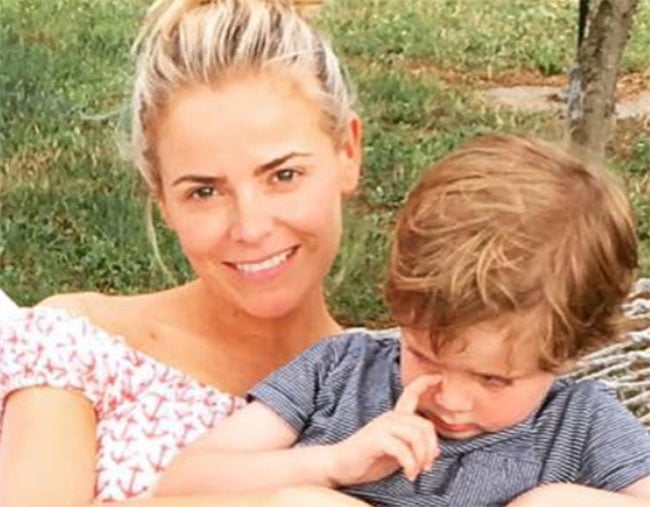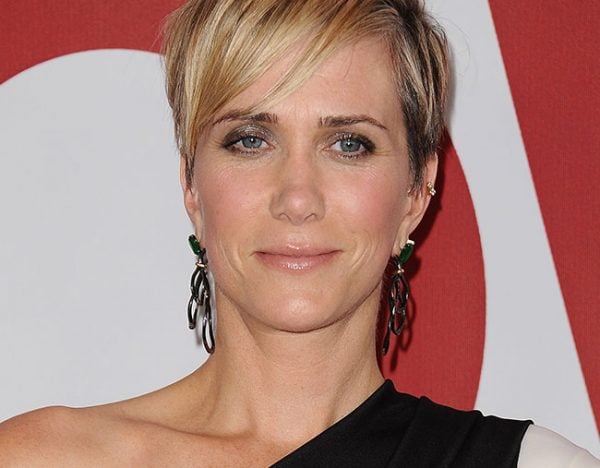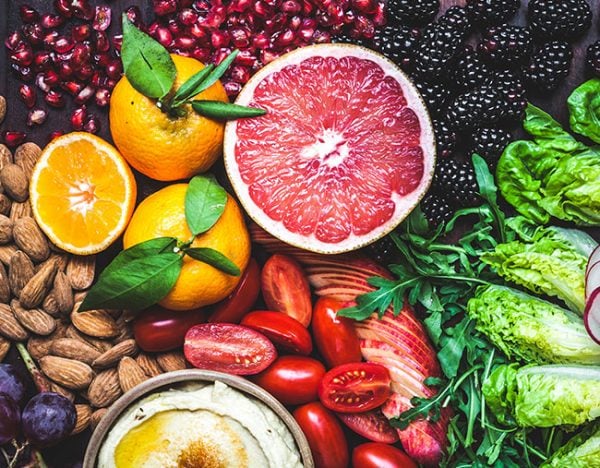
1. “If it crossed the placenta, he would have died.” Mum’s warning after contracting listeria while pregnant, amid rockmelon contamination.
“It slowly creeps up on you. I started shaking, my temperature was high, it felt like I was having a spasm. I started vomiting on the day I was rushed to hospital.”
Sydney mum Amelia Liddy-Sudbury has a warning for pregnant mothers amid the current listeria outbreak: don’t take any chances.
She was 33 weeks pregnant with her son, Theodore, last year when she ate pre-cut melon, which she now believes was contaminated with listeria – the same source as the current outbreak.
Two people have died from a listeria outbreak linked to rockmelon:
For two weeks, doctors treated Liddy-Sudbury hoping the infection would not move past the placenta and into the womb, as listeria would prove fatal for little Theodore.
They were scared to deliver Theodore while his mother’s health was so compromised. But, at 35 weeks they could wait no longer and Theodore was delivered via emergency cesarean.
“We were within one hour of the bacteria passing through the placenta into the baby,” Liddy-Sudbury told Daily Mail. “If it crossed, he would have died.”
The 36-year-old mother said the onset of her symptoms was gradual.





Top Comments
could this be trumps little johnny moment and do something meaningful about guns ? one can hope
You're being suuuuuuper optimistic about Trump and gun control.
You might have noticed the last time he let the media into these talks, he's not taking a strong stance, he's repeating what the last person said. Then someone else speaks and his opinion changes to whatever they said.
He's just continuing his political opportunism, business as usual. Today he'll say the opposite and they'll be at square one again.